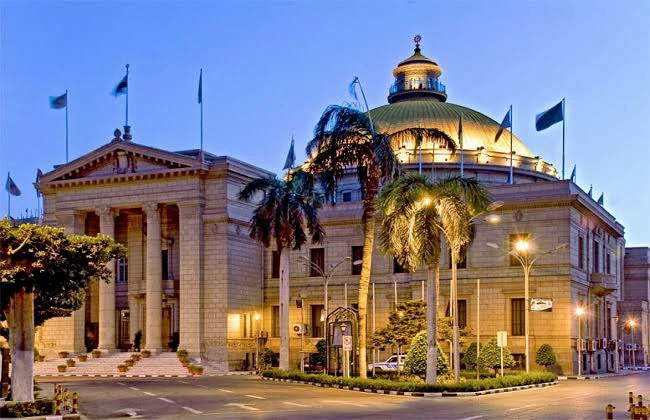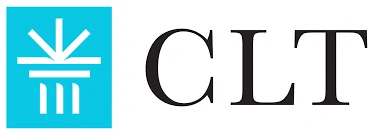- Cairo is the capital and largest city
- The official name is the ‘Arab Republic of Egypt’
- Population: around 94.8 million people
- Currency: Egyptian pound (100 piasters in a pound)
- Greater Cairo is the largest city in Africa and the Middle East
- The main exports are petroleum products and cotton
- Area of 1 million sq. km (more than four times the size of the UK)
- Borders with Sudan, Libya, Sudan, Palestinian territories (Gaza strip)
- The glass pyramid in front of the Louvre Museum in France is actually a tribute to the Egyptian Pyramids
- Ancient Egyptian women enjoyed many rights, which included being able to buy and sell properties, enter into legal contracts, and serve on juries
- The Nile River is the longest river in the world
- As well as being the first civilization to have 365-day calendars, which were divided into 12 months, the Ancient Egyptians also invented the clock, paper, pens, locks, toothpaste, and more
- With around five million Facebook users, Egypt has more Facebook users than any other country in the Middle East
- Coasts along the Mediterranean Sea to the north and the Red Sea to the east
- The official language is Modern Standard Arabic, but English and French are also widely spoken
- Weekends are taken on Friday and Saturday
- Cairo was the first African city to have a metro (underground train) system

STUDY IN EGYPT
The Egyptian government has identified higher education as a priority and is enacting a series of programs designed to make universities in Egypt more internationally competitive. Egypt currently has 20 public universities (with about two million students) and 23 private universities (with 60,000 students).
Ask Question Contact
QS EGYPT UNIVERSITIES RANKING
As well as six institutions featured in the QS World University Rankings® 2021, Egypt has all 20 representatives in the QS Arab Region University Rankings, including seven within the top 50.
Ask Question Contact




